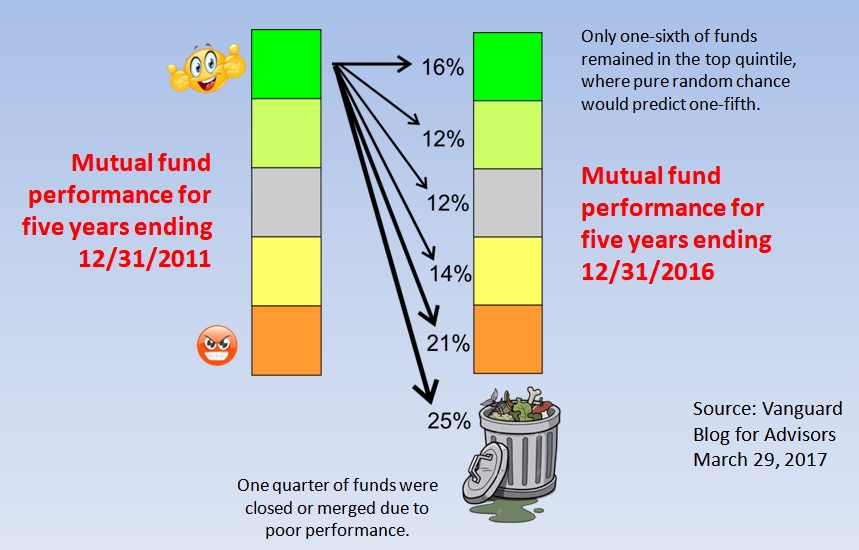Its easy to look up the chance that a stock fund NAV will go down x% on, say yearly, intervals.
But what is the chance that a "dividend stock" fund will cut the dividend by x% over the same interval?
If you goal is a stable payout, maybe dividend investing is superior to total value. And maybe very superior over the first N years when Bad Sequence of Returns is the biggest risk factor.
OTOH over-drawing your Dividend Stock Fund might be worse over the long haul than over-drawing a Total Return Fund.
But what is the chance that a "dividend stock" fund will cut the dividend by x% over the same interval?
If you goal is a stable payout, maybe dividend investing is superior to total value. And maybe very superior over the first N years when Bad Sequence of Returns is the biggest risk factor.
OTOH over-drawing your Dividend Stock Fund might be worse over the long haul than over-drawing a Total Return Fund.

